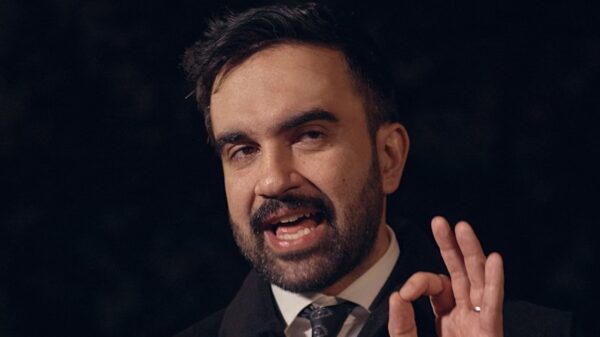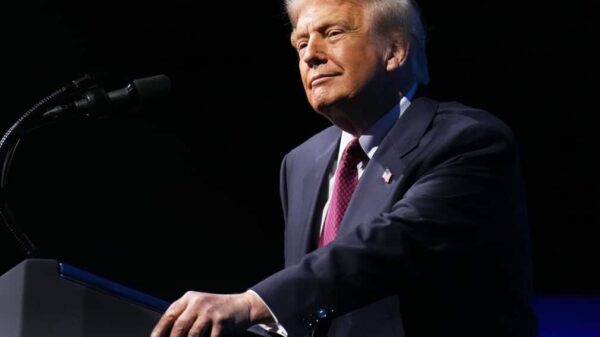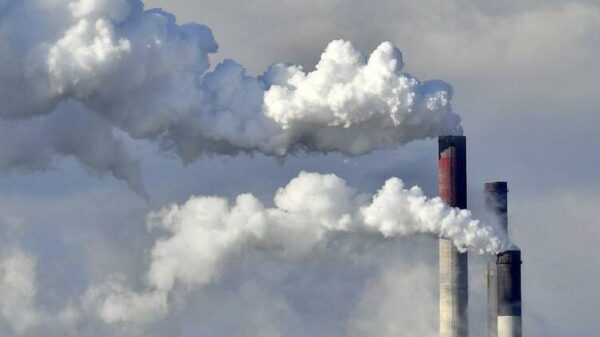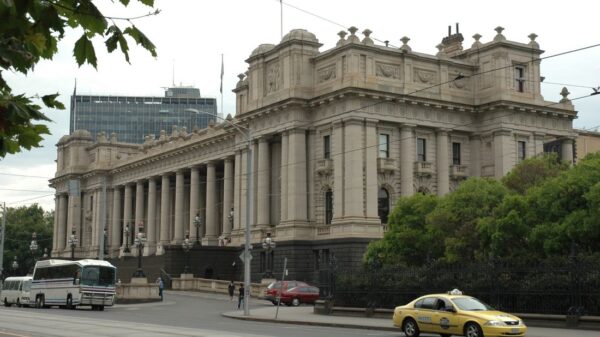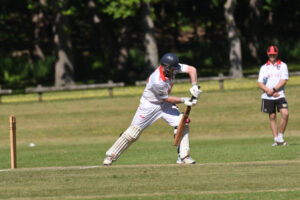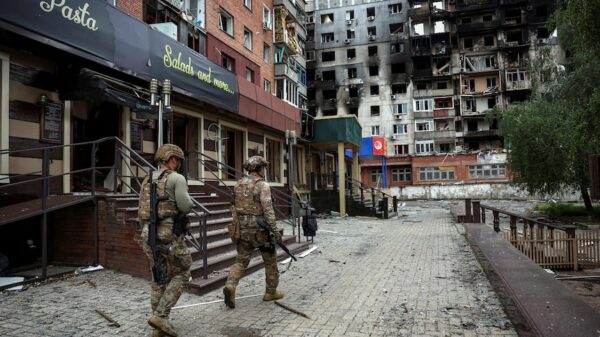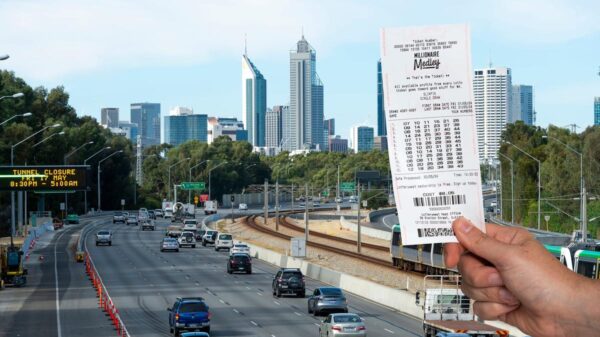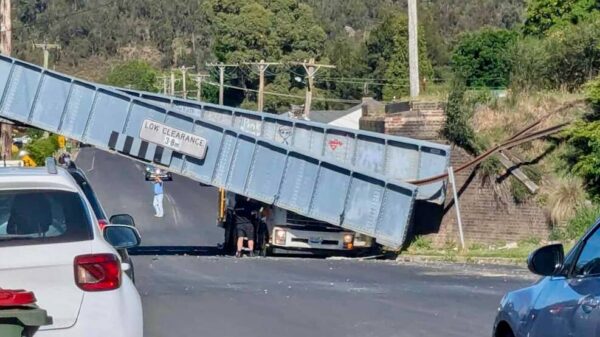Leaders from Thailand and Cambodia have reached an immediate and unconditional ceasefire to end violent border clashes that have resulted in over 30 fatalities and significant civilian displacement. The announcement came after mediation talks led by Malaysian Prime Minister Anwar Ibrahim in Kuala Lumpur on July 28, 2025. This agreement aims to restore peace between the two Southeast Asian nations, which have been embroiled in conflict for several days.
During a press conference, Prime Minister Anwar Ibrahim stated, “Both Cambodia and Thailand reached a common understanding as follows: One, an immediate and unconditional ceasefire with effect from 24 hours local time, midnight on July 28, 2025.” He emphasized that both nations are committed to returning to normalcy following this agreement. Cambodian Prime Minister Hun Manet and Thailand’s Acting Prime Minister Phumtham Wechayachai expressed their satisfaction with the talks, shaking hands at the conclusion of the meeting.
Escalating Violence and Humanitarian Crisis
The recent clashes have escalated tensions along the border, particularly in the Oddar Meanchey Province of Cambodia, leading to the displacement of hundreds of thousands of civilians. Reports indicate that more than 10 civilians have died amid the fighting, which marks the deadliest period of conflict between the two countries in over a decade.
Prior to the ceasefire agreement, both nations had recalled their ambassadors, and Thailand had shut all border crossings with Cambodia, except for migrant workers returning home. Despite the ongoing diplomatic efforts, gunfire was reported in the border region as recently as Monday morning, with both sides accusing each other of initiating hostilities.
In a statement regarding the violence, Maly Socheata, a spokesperson for Cambodia’s Defence Ministry, described the Thai military’s actions as “ongoing and strong.” She confirmed that approximately 134,000 Cambodians have been displaced and reported that 13 individuals lost their lives during the five-day conflict.
International Response and Future Discussions
The conflict has drawn international attention, including a statement from Pope Leo XIV, who expressed his prayers for those affected by the violence. The situation also prompted direct intervention from United States President Donald Trump, who warned that continued hostilities could jeopardize trade deals with both Thailand and Cambodia.
The ceasefire agreement will be followed by a border summit scheduled for August 4, where representatives from both nations will discuss steps towards lasting peace. Observers from China and the United States are expected to attend the talks, highlighting the international implications of the conflict.
As tensions remain high, civilians like Phum Sokhorn, a farmer displaced from his home near Ta Moan Temple, expressed a desperate need for peace. “Staying here is miserable. We can’t make any income — we just wait for some little aid,” he said, urging both countries to resolve their disputes through legal channels.
The border dispute, which has historical roots, intensified following the death of a Cambodian soldier in a skirmish with Thai troops earlier this year. As both nations work towards implementing the ceasefire, the focus will be on ensuring the safety and well-being of affected civilians and preventing further violence.







